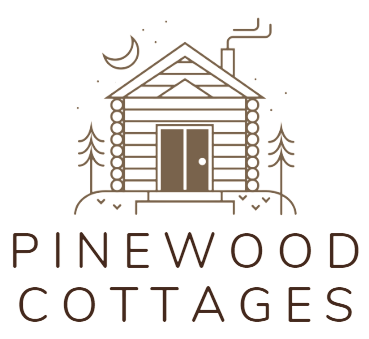Moving to Canada is a big step, and one of the first — and most important — things you’ll need to figure out is where you’ll live. For newcomers, navigating the rental market can feel confusing, especially without a Canadian credit history or job lined up.
But don’t worry — this guide is here to help. Whether you’ve just landed or are still planning your move, we’ll walk you through everything you need to know to find safe, affordable housing in Canada.
Where Newcomers Usually Start
Most new immigrants begin with temporary housing and then move into more permanent rentals once they’ve settled in. Here’s a quick look at your options:
Short-Term Housing
- Temporary shelters: Available for those facing financial hardship
- Airbnb or furnished rentals: Great for the first few weeks or months
- Hostels or student residences: Budget-friendly, especially for singles or students
- Newcomer housing through agencies: Offered in some cities, often at reduced rates
Long-Term Rentals
- Apartments from private landlords or companies
- Basement suites: Often more affordable and available in suburban homes
- Co-op housing: Lower cost, but may involve a waitlist
- Subsidized/public housing: Available for low-income residents through applications
Best Places to Search for Rentals
You’ll find plenty of rental listings online, but some platforms are more newcomer-friendly than others:
| Platform | Good For | Notes |
|---|---|---|
| Kijiji.ca | Private rentals | Be careful of scams, always see the unit in person |
| Realtor.ca | Verified listings | Best for long-term apartments and houses |
| Facebook Marketplace | Shared housing & sublets | Make sure profiles are real |
| PadMapper / Zumper | Apartment hunting | Filter listings by budget, pets, size |
| Settlement agencies | Subsidized or supported rentals | Free help in many cities |
Rent Estimates in 2025 (Monthly Averages)
| City | 1-BR Apartment | 2-BR Apartment | Basement or Shared Room |
|---|---|---|---|
| Toronto, ON | $2,200 | $2,700 | $800–$1,200 |
| Vancouver, BC | $2,300 | $2,900 | $850–$1,300 |
| Calgary, AB | $1,450 | $1,850 | $600–$900 |
| Halifax, NS | $1,400 | $1,750 | $500–$850 |
| Winnipeg, MB | $1,200 | $1,550 | $450–$800 |
Rent will vary by neighborhood and availability, so it’s worth exploring areas outside downtown cores for better deals.
What Landlords Usually Ask For
Even without Canadian credit, you can often still rent — but you’ll need some documents ready:
- Proof of income or job offer
- Immigration or PR confirmation documents
- Bank statements showing savings
- Personal references (employer, teacher, etc.)
- First and last month’s rent upfront (common in most provinces)
Tip: Be upfront about your newcomer status. Many landlords are open to working with new immigrants, especially if you’re well-prepared.
Free Help from Newcomer Services
These agencies offer housing help, referrals, and even temporary accommodations:
| Organization | Region | Website |
|---|---|---|
| YMCA Newcomer Services | Nationwide | ymcagta.org |
| COSTI Immigrant Services | Ontario | costi.org |
| MOSAIC | Vancouver area | mosaicbc.org |
| ISANS | Nova Scotia | isans.ca |
| SUCCESS | BC-focused | successbc.ca |
Tips to Save on Rent as a Newcomer
- Start small: Shared housing or basement suites can save a lot early on
- Avoid big cities if possible: Explore smaller cities or suburbs
- Use community connections: Religious or cultural groups often help newcomers
- Stay organized: Automatic rent payments help build trust with landlords
Common Questions About Newcomer Housing in Canada
1. Can I rent without a job or credit score?
Yes. You’ll likely need to show bank savings or pay a larger deposit. Many landlords are flexible if you’re honest and have the right paperwork.
2. How do I avoid rental scams?
Never send money before visiting a property. Avoid listings with extremely low prices or urgent demands. Stick to verified listings and get everything in writing.
3. Can I get public housing as a newcomer?
Yes, but there are often long waitlists. Apply early through your local housing authority. Priority usually goes to low-income families or vulnerable individuals.
4. When should I start looking?
If you’re still abroad, start searching 2–4 weeks before arrival. Book short-term housing early to have a place to stay while you look for something long-term.
5. What’s the standard lease in Canada?
Most leases are for 12 months, but some allow month-to-month after that. Be sure to ask about notice periods and early exit fees.
Final Thoughts
Finding housing as a new immigrant in Canada can feel overwhelming — but it’s very doable. With a bit of research, the right documents, and support from local agencies, you’ll be able to find a safe, welcoming home that fits your needs and budget.
Start small, ask questions, and don’t hesitate to reach out for help. You’re not alone — thousands of newcomers find housing every year and go on to build happy, successful lives in Canada. You’re next.
